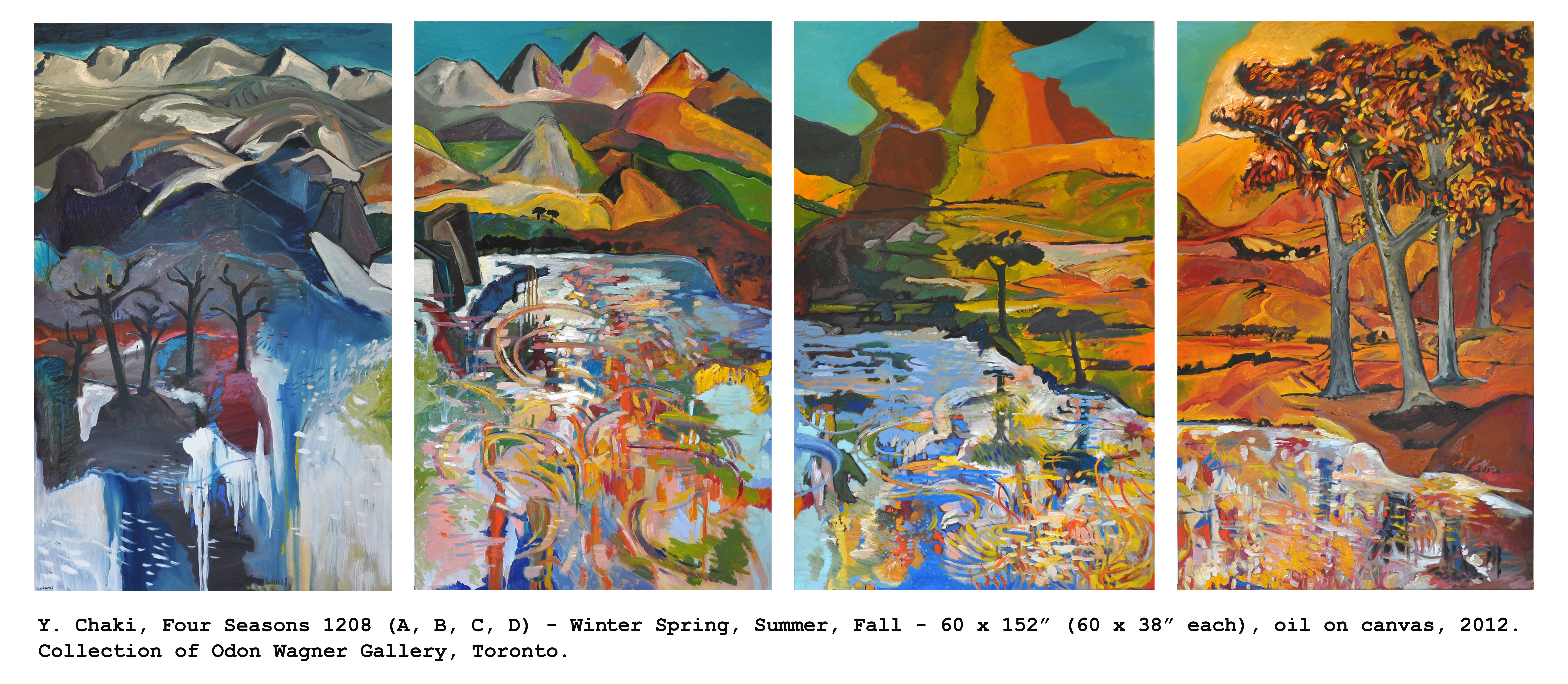
“All human things are a circle” is the inscription on the temple to Athena in Athens.
I had started to write a very different article. I was going to write about summer and beach reads, but this just doesn’t seem to be the summer for that. Not that there’s anything wrong with escaping into a good beach read. I changed my mind when my 25-year-old son came to me and wanted me to watch President Kennedy’s address on civil rights and Bobby Kennedy’s address in Indianapolis on the 1968 race riots after Martin Luther King Jr. was assassinated. He made the comment that it feels like the world is on fire. He says this from a position of relative privilege. And it’s not just the George Floyd protests. It’s everything. It’s race. It’s climate. It’s the pandemic. It’s political chaos. It’s so much more. I asked him if he had read “The Fire Next Time” by James Baldwin and the parallel book of essays, “The Fire This Time: A New Generation Speaks About Race.” It’s hard to deny a sense of deja vu. It’s also incredibly frustrating that we seem to be still fighting the same fights.
My very grown-up daughter (who just graduated from high school in a very nontraditional way) told me about the Strauss-Howe Generational Theory on the cyclical nature of history. After doing a bit of research, I found that we own a copy of Strauss and Howe’s book, “The Fourth Turning: An American Prophecy.” According to the theory, history is cyclical, consisting of roughly 80 to 90 year cycles (the length of a long lifespan) and represented in four phases or “turnings”: the High, the Awakening, the Unraveling and the Crisis. “History doesn’t repeat itself but it often rhymes,” is often attributed to Mark Twain (although there is no real evidence that he ever said it). But, yes, it seems to me that history really does repeat itself in a multitude of rhymes.
The basic premise of the theory is that generations experience upheaval in different ways at different times of their lives, and this creates a cycle rooted in generational archetypes and generational forgetting. As a midlife person right now, the archetype for my generation is the Nomad; my parents’ generational archetype is the Artist; my older siblings generation is the Prophet; my children’s generation is the Hero and my grandchildren’s generational archetype is represented by the Artist once again.
Where does this put us now? I bet you can guess which phase we are currently in. If you guessed “Crisis” then you are correct — the theory predicts a crisis from roughly 2008 to 2028. George Friedman has also written about this current crisis in “The Storm Before the Calm: America’s Discord, the Coming Crisis of the 2020s and the Triumph Beyond.” This book takes us past the upheaval of the Unraveling and the chaos of the Crisis and looks forward to the calm of a new beginning that is eventually in store for us.
To backtrack and understand a bit about how we got here, you can also read George Packer’s book titled “The Unwinding: An Inner History of the New America” which examines the 80s, 90s and 2000s through the lens of average Americans, political figures and celebrities to show how the country was unraveling at the seams. This fits quite well within the Generational Theory.
We are currently living through a period where the Hero generation is coming of age and the Artist generation which will provide the imagination for a new future is being born. The last Hero generation according to the theory was the so-called “Greatest Generation,” and you can read more about them in Tom Brokaw’s book of that same name.
There is a lot to debate about the Strauss-Howe theory. How does the perspective of race change or support the theory? What events count as a trend? I have made a list with other titles that might help to make sense of the theory and this moment in time. If you think too hard on it, it’s easy to get buried in the weeds, but I find it both discouraging and hopeful. There is an end in sight, or at least a turning. We just have to get through it and hope we are turning toward progress. We have a new beginning on our horizon and the millennials could be the next “Greatest Generation.” I hope so.


